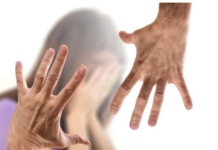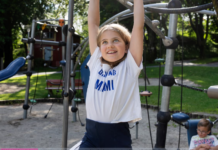In his piece for Psychology Today, Peter Gray mulls the increase in parental supervision over the years, the decrease in independent play—and the argument for a causal link with the downturn in children’s emotional wellbeing, which he and his coauthors address in a new article for the Journal of Pediatrics:
“I begin with two well-established facts:
- Over the past four or five decades there has been a gradual, but overall huge decline in the freedom of children and even teens to play, roam, and engage in any activities away from direct adult oversight and control. . . . (For more on this, see here.)
- Over these same decades, there has been a gradual, but overall huge increase in anxiety, depression, suicidal ideation, and actual suicides among children and teens. The rates of all of these are now roughly eight to ten times higher than they were half a century or more ago. As an illustration of the extent of this crisis, a 2019 survey by the CDC (Centers for Disease Control) found that, over the previous year, 36.7 percent of U.S. high school students reported persistent feelings of sadness or hopelessness, 18.8 percent seriously considered suicide, 15.7 percent made a suicide plan, 8.9 percent attempted suicide one or more times, and 2.5 percent made a suicide attempt requiring medical treatment (Bitsko et al., 2022). Note that this was before COVID.
For years, I have been arguing that this correlation, over time, between the decline in independent activity and the decline in mental health is one of cause and effect (e.g. here and here). . .
Recently, along with colleagues David Lancy (an anthropologist who has studied children worldwide) and David Bjorklund (a developmental psychologist who has authored textbooks on children’s cognitive development), I created a summary of the various lines of evidence supporting this causal hypothesis and submitted it the Journal of Pediatrics.”
***
More from Around the Web
More from Mad in the Family















